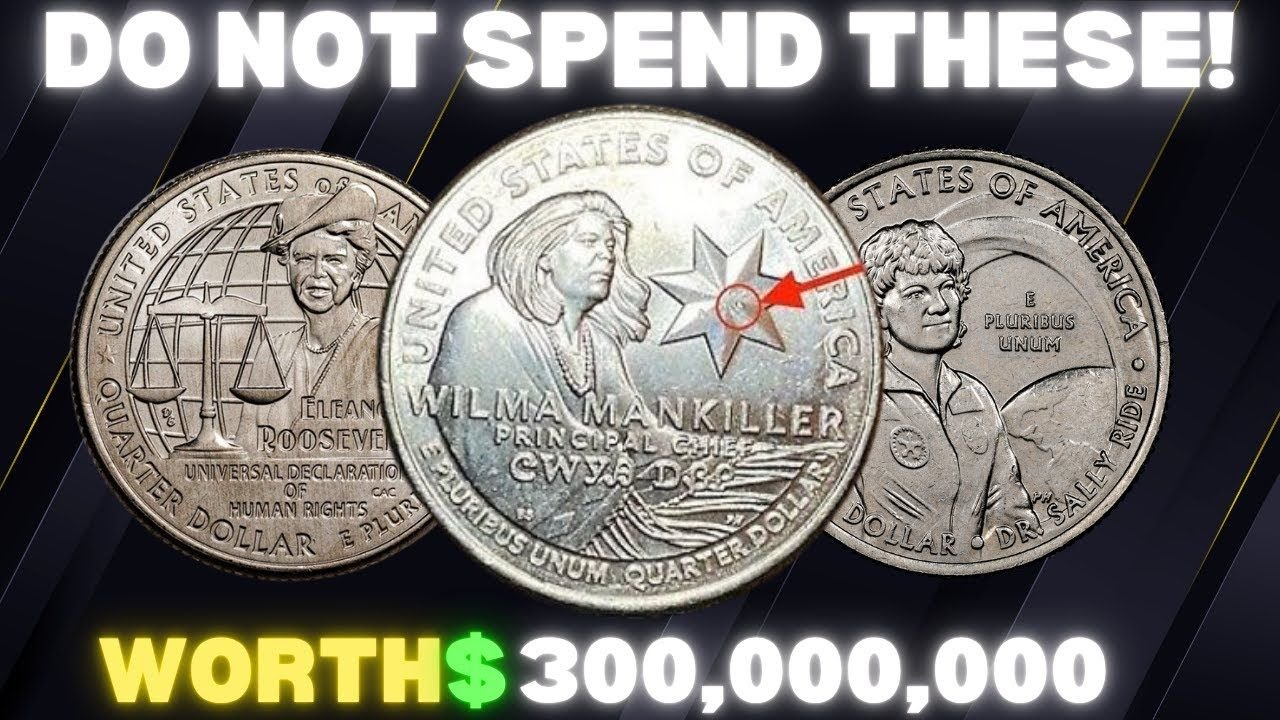A Coin Worth More Than Its Face Value
Bicentennial quarters, minted in 1975 and 1976 to celebrate America’s 200th birthday, are catching attention again as some rare versions sell for thousands. Featuring a unique drummer boy design, these quarters are common in pocket change, but specific errors and high-grade examples are worth a fortune. One 1976-S silver quarter recently sold for $19,200 at auction, sparking a rush to check spare change. With millions still in circulation, your quarters could hold hidden value.
What Makes Bicentennial Quarters Valuable?
The value of rare Bicentennial quarters comes from minting errors, special compositions, or top condition. Some 1976 quarters were struck on silver planchets, meant for special collector sets, and accidentally released into circulation. Errors like doubled dies, where the design appears duplicated, or off-center strikes also boost value. High-grade coins, rated MS67 or above by grading services like PCGS, are rare due to wear from circulation. These traits can turn a 25-cent coin into a collector’s prize.
| Feature | Details |
|---|---|
| Years Minted | 1975-1976 |
| Total Minted | Over 1.6 billion |
| Key Value Factors | Silver planchets, doubled die errors, high grades |
| Top Auction Price | $19,200 (1976-S Silver, MS68) |
Top Rare Bicentennial Quarters to Find
Certain Bicentennial quarters stand out for their high value. The 1976-S Silver Quarter in MS68 condition sold for $19,200 due to its pristine state and silver content. A 1976-D Doubled Die Obverse, with doubled text on the front, can fetch $8,000. The 1976 No Mint Mark quarter with an off-center strike sold for $6,500. A 1976-S Proof Silver Quarter in PR70 condition reached $5,000. The 1976-P Doubled Die Reverse, showing doubling on the drummer, is valued up to $4,000. Other notable coins include the 1976-D Struck on a 40% Silver Planchet ($9,000) and the 1976-S Clad Quarter in MS68 ($2,500).
| Coin | Value Range | Key Feature |
|---|---|---|
| 1976-S Silver | Up to $19,200 | High grade (MS68), silver content |
| 1976-D Doubled Die | Up to $8,000 | Doubled text on obverse |
| 1976 No Mint Mark | Up to $6,500 | Off-center strike |
| 1976-S Proof Silver | Up to $5,000 | Perfect proof condition (PR70) |
| 1976-P Doubled Die | Up to $4,000 | Doubled drummer on reverse |
| 1976-D Silver Planchet | Up to $9,000 | Struck on 40% silver |
| 1976-S Clad | Up to $2,500 | High grade (MS68) |
How to Spot a Valuable Quarter
Checking your Bicentennial quarters is easy with a magnifying glass. Look for doubled text or designs, especially on “LIBERTY” or the drummer boy. Check for a silver color, indicating a rare 40% silver planchet. Examine the mint mark (“D” for Denver, “S” for San Francisco, or no mark for Philadelphia) and look for off-center designs. Coins in uncirculated condition, with no scratches or wear, are worth more. Compare your finds to recent auction sales online or visit a coin shop for a professional appraisal.
The Collecting Boom Keeps Growing
The Bicentennial quarter, with over 1.6 billion minted, remains a favorite among collectors. Social media platforms like X are buzzing with tips on spotting rare coins, and auction houses report rising demand for error quarters. A 1976-D silver planchet quarter sold for $9,000 in 2024, showing the market’s strength. Collectors love these coins for their patriotic design and rarity, making them a fun hobby with big rewards. The recent $19,200 sale has fueled interest, drawing new collectors to the hunt.
Don’t Spend That Quarter Yet
Before you toss a Bicentennial quarter into a vending machine, take a closer look. A rare error or silver composition could make it worth thousands. The 1976-S silver quarter’s $19,200 sale proves that treasures hide in everyday change. Grab a magnifying glass, check for errors, and you might uncover a small fortune. With collectors eager to pay for rare Bicentennial quarters, your loose change could be your ticket to a big payday.
